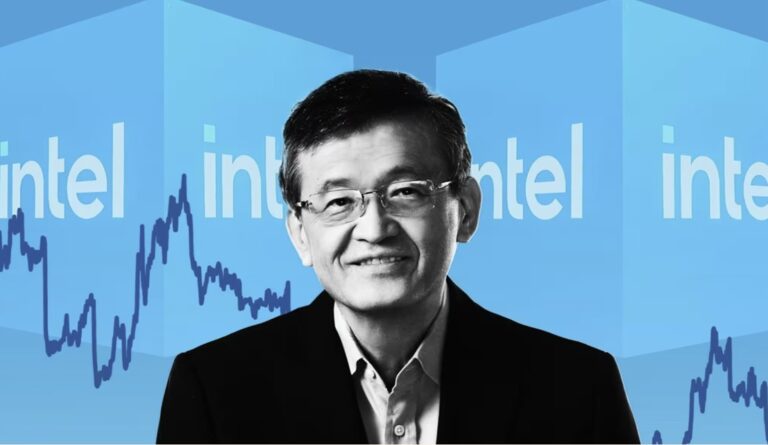If Apple can show infringement, it is in a much stronger position.
- Apple has had a good week.
- First the presidential veto of Samsung’s ITC imposed ban and now the turnover of the ITC dismissal of its patent assertion against Motorola Mobility.
- This case concerns two multi-touch patents that Apple can now assert once again against Motorola Mobility.
- Importantly, Apple is now free to assert these patents against Samsung and if they prove valuable, I am sure it will do so.
- The key point to remember here is that these patents are not standard essential patents (SEP) (see here).
- These are implementation patents meaning that it is possible to design around them.
- It is much more difficult to prove infringement of an implementation patent but once infringement has been proved the remedies are much stronger.
- The holder of an SEP is bound by the principle of FRAND and must behave accordingly.
- The recent presidential veto of in ITC imposed ban for infringement (see here) is a ringing endorsement of this principle and should help prevent further abuse of SEPs.
- Hence should Apple win a finding of infringement for these touch patents, there are no principles to which it must adhere.
- It can charge whatever royalties it deems fit or insist that the infringer redesign his products so that it no longer infringes.
- If Apple wins an ITC import ban, then there is virtually no chance that the White House will exercise its veto.
- That being said, it is still a very long road from where Apple is today and it could easily be many months before Apple succeeds on winning implementation of a ban against Samsung.
- Until then we will continue to see the hideously expensive and pointless tit-for-tat war continue between the two companies.
- I suspect that both companies have spent far more on legal fees than they would ever expect to pay in royalties.
- Hence, I am hopeful that once they have realised that this pointless war could drag on for many more years, they will sit down and do a deal.
- I am still forecasting that this could happen this year but must admit there is growing risk that this could slip into 2014.









Blog Comments
Björn Ekelund
August 8, 2013 at 11:30 am
The concept of FRAND only applies to select standardization bodies. 3GPP and MIPI are two, but there are more. As far as I know there is none in the user interface space, meaning that the concept of SEP does not really apply and everything in user interface technology is non-SEP implementation patents.
Even though FRAND rules has been around for a very long time and is strongly supported by companies such as Nokia, Ericsson and ALU some companies have systematically abused it for years (e.g. Qualcomm and Interdigital) without the White House reacting.
windsorr
August 9, 2013 at 12:12 pm
Totally agree…Qualcomm however claims that it does not breach the FRAND principle and in all the analysis I have ever done I could only ever find grounds for one breach – Price. Chipset passthroughs are not discriminatory because the chips are freely available and not limited to any one customer. AS far as I remember Qualcomm has never won an injunction against any infringer of its 3G/LTE IPR.